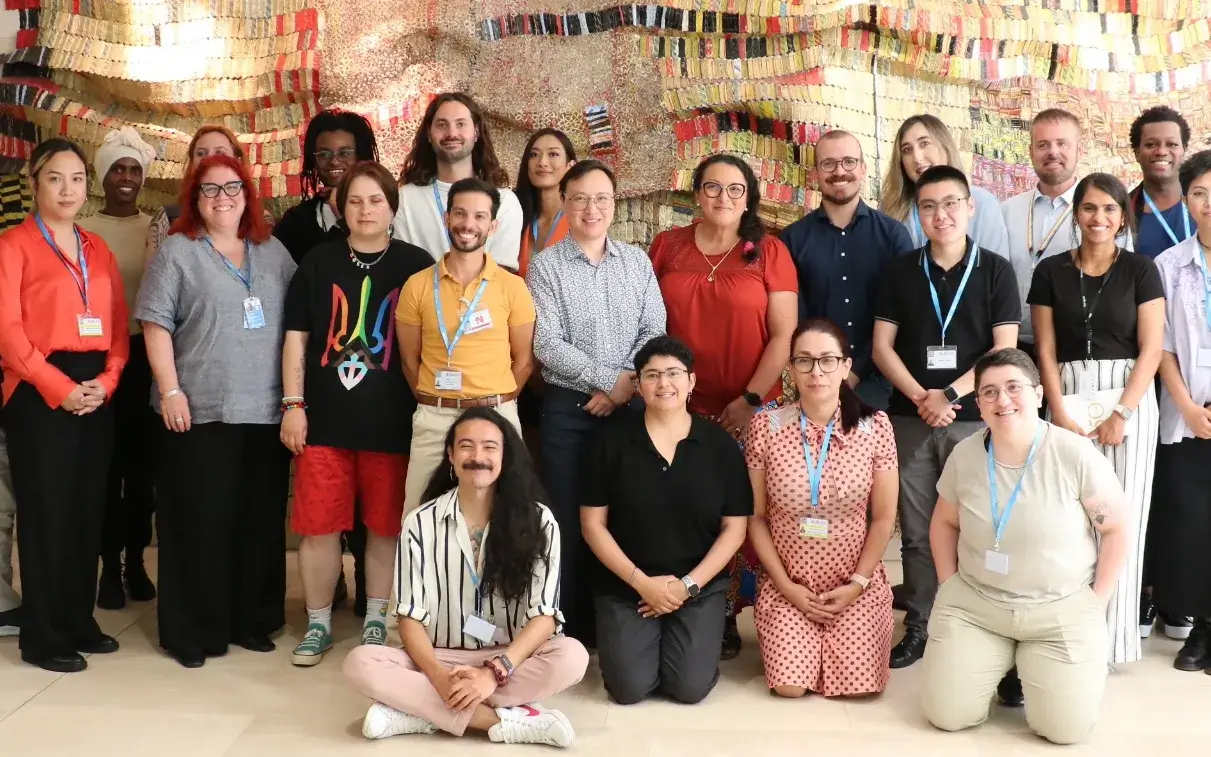The World Food Programme warns of an increase in the number of people suffering from hunger by 345 million during the first months of 2022, a worrying trend that has registered record numbers in the last three years amid food and climate crisis.
The existing link between hunger and poverty is a vicious circle. A person with few resources is very likely to not be able to have adequate nutrition, which implies increased fatigue, weakness and a series of diseases that affect low productivity. This situation, therefore, doesn't allow to obtain new resources to achieve the correct diet, the purchase of medicines to deal with diseases or the fact of being able to get out of the situation of poverty. Thus, an increase in malnutrition increases poverty, and vice versa.
Currently, the numbers of food insecurity in the world are alarming: according to the World Food Programme (WFP) of the United Nations (UN), the world is facing an unprecedented food crisis. According to WFP data, published on the occasion of World Food Day, during the first months of 2022 the number of people suffering from hunger in the world grew from 282 to 345 million.
The increase in malnutrition is not a one-off: it is the third consecutive year in which the number of people suffering from hunger has increased. "The situation will get worse unless there is a large scale and coordinated effort to address the root causes of this crisis", said David Beasley, the programme's executive director. "We cannot have another year of record hunger", he adds.
Causes of the food crisis
Why is food insecurity worsening in the world? The UN assures that the aggravation of the food crisis is the result of a confluence of crises caused by climate change, military conflicts or economic pressures. Moreover, more often than not, it is the poorest population in these developing countries that suffer the strongest consequences of these crises.
If we focus on the climatic alterations caused by climate change, we must remember that the consequences of extreme weather phenomena impact above all on the most vulnerable population, something that exacerbates poverty and inequality, and, in turn, malnutrition. Dependence on agriculture, the lack of resources and an unequal trade relationship places the population of the poorest countries in a situation of enormous vulnerability to global warming caused by rich countries.
In addition, as pointed out by the UN, the frequency and intensity of these phenomena does not allow populations to recover. An example is the unprecedented drought that has been occurring for years in the Horn of Africa, which is pushing more and more people to an alarming food insecurity that is impacting especially on the Somali population.
The conflict in Ukraine has also had a major impact on malnutrition. Aside from the direct impact on the Ukrainian population, world trade was disrupted by Russia's invasion of Ukraine, transport costs and delivery times increased, something that affected agriculture. As pointed out by the WFP, the consequences of the upcoming harvests will have an impact on the whole world.
Response to increased hunger
The situation is very complicated by the fact that the response capacity of the governments themselves is very limited. Inflation, currency devaluation, indebtedness, or other economic problems, together with the threat of global recession, places the most affected countries very far from considering the resolution of the food crisis a priority. Thus, the answer, as many other times, comes from the work of international cooperation organizations that work to eradicate this problem that affects, above all, children.
In the case of the UN WFP, and humanitarian partner entities, they work against hunger in five countries, Afghanistan, Ethiopia, Somalia, South Sudan and Yemen. As they explain, the WFP is expanding its food assistance objectives this year to reach the figure of 153 million people. Arriving in the equator of the year, they say, assistance was given to 111.2 million people. At the same time, the program works to stabilize and build national food systems and resilient supply chains.
However, as the Executive Director of the WFP points out, the difficult context in which we live requires that, in order to develop efforts to help the millions of people who suffer from hunger in the world, it is necessary "concerted global action in favor of of peace a concerted global action in favor of peace, economic stability and humanitarian support that guarantees security".









Add new comment